A noisy anti-climate movement is engaged in a series of coordinated attacks on institutional investors who are taking climate risk seriously.
These attacks have concerning implications for U.S. financial institutions themselves as well as the global markets within which they operate. And these attacks are continuing from a growing faction of the Republican party as Democrats, led by President Biden, celebrate the passage of the Inflation Reduction Act last month.
This is the latest anti-climate move in a long-lasting campaign; for years, far right groups and politicians have been dragging the climate crisis and other inherently non-political causes into a classic ‘culture war.’ By wilfully misrepresenting and weaponising concepts like ESG investing — they perpetuate attacks on any and all sustainability measures. The aim is to preserve the shallow interests of fossil fuel companies and select right-wing elected officials.
Their efforts are plain to see. BlackRock, whose CEO Larry Fink has helped emphasise climate risk as one of the biggest investment risks for the entire finance industry, has faced an unrelenting barrage of attacks. On August 21st, Texas Comptroller Glenn Hegar published a list of financial institutions that may be barred from doing business in the state for allegedly boycotting energy companies. Ironically, BlackRock is not just the world’s leading investor in fossil fuels; a number of its funds flagged by the Comptroller’s office for “adopting a prohibition or limitation on investment in the energy companies” contain substantial holdings of Texan fossil fuel companies.
However, BlackRock has decided they won’t take this lying down — they denounced the Comptroller’s decision as “opportunistic”, “anti-competitive”, “bad for business”, and “not fact-based.” “Elected and appointed public officials have a duty to act in the best interests of the people they serve,” BlackRock said in a statement. “Politicizing state pension funds, restricting access to investments, and impacting the financial returns of retirees, is not consistent with that duty.”
As BlackRock pointed out, investors have a fiduciary duty to identify and respond to risks to their clients’ money. These attacks, which would force fund managers to ignore very tangible transition risk, have no financial basis and are likely to negatively impact pension-holders and other everyday investors as global warming damages livelihoods and economic prospects across the world.
The tactics used by fossil fuel industry adjacent politicians and commentators were recently exposed by the investigative outfit Documented. The researchers tracked a chain of events spanning early 2021 through to recent months, where state officials and their allies weaponised ESG investing as a way to ultimately extend the shelf life of fossil fuels.
The results of the investigation were damning.
While world leaders, including President Biden, met in Scotland to discuss mitigating climate change to a maximum of 1.5 degrees celsius, state treasurers met in Orlando to plot how they could combat those very commitments.
In May 2022, former Vice President Mike Pence called on states to “rein in” pension funds from applying ESG principles and railed against the federal government for letting “left-wing radicals destroy American energy producers from within”, a claim that is baseless but has persisted in the anti-ESG rhetoric.
Meanwhile, elected Republican state officials in states like Texas, West Virginia, and Florida are abusing their state power through legislation, media attention, and lobbying to artificially skew the market to the benefit of the fossil fuel industry. Over the course of the public attacks, they have successfully established ‘ESG’ as a term that rallies their voter base, similar to the way ‘Critical Race Theory’ has become a trigger issue in the right-wing culture war, too.
Currently, the State Financial Officers Foundation (SFOF), sponsored by investors such as Federated Hermes and Fidelity, is lobbying against the US Securities and Exchange Commission’s (SEC) proposed regulation that would direct public companies to disclose climate-related risks. SFOF membership is overwhelmingly made up of the same state elected officials deploying state power and money to stymie climate action.
Armed with misleading populist rhetoric, fossil fuel politicians and their media allies are preying on the financial concerns of everyday Americans facing rising inflation and gas prices — all the while effectively fanning the flames of climate chaos and economic instability.
A Texan case study in climate change denialism
When Texas, like a number of other U.S. states, implemented a bill punishing financial institutions for ‘boycotting’ oil and gas companies, they exploited the power of the state in an attempt to bend financial institutions to their will.
Under the bill, financial institutions are to be excluded from conducting business with state municipalities should they “refuse to deal with, terminate business activities with, or otherwise take any action that is intended to penalise, inflict economic harm on, or limit commercial relations with” an oil and gas company — or indeed any company working with them.
The bill’s introduction has caused five of the most significant municipal bond underwriters in Texas — JPMorgan Chase, Goldman Sachs, Citigroup, Bank of America, and Fidelity — to exit the market, putting crucial funding for roadworks, schools and other projects for local communities in flux. As a direct result, these state municipalities “are more likely to negotiate pricing and incur higher borrowing costs after the implementation of [these] laws”.
Researchers have estimated that this will create a 35% funding gap for municipalities in Texas, meaning Texan taxpayer-funded entities will be burdened with an estimated increase in interest payments ranging from $303 million to $532 million on existing $32 billion in municipal bonds.
Instead of this fiscally irresponsible and partisan approach to state treasury, states should be pushing resources towards the inevitable move to a decarbonised economy and supporting meaningful climate policy. This will not only ensure a stable economy and climate, giving communities a better future within which to thrive, it will also allow investors to capture the opportunities offered by the booming renewables sector.
Fossil fuels are bad business
The climate crisis is at the forefront of the general public’s concerns, and the fossil fuel industry is aware it may be facing obsolescence if it fails to adapt. By intentionally portraying responsible investment practices and regulation that provides investors with risk transparency as an attack on American values, fossil fuel companies and their political allies are simply stoking a culture war to receive public backing in an ill-fated attempt to cling to a social licence. They have picked a side: short-term profit over a stable economy and climate.
The business case for moving away from fossil fuels and transitioning to renewable energy sooner rather than later has never been stronger. Renewable energy is cheaper and can ensure future energy security and resilience. The transition to a decarbonised society is inevitable — companies, financial institutions and states should be getting ahead of the curve by following the IEA’s net zero emissions pathway.
The right knows that fossil fuels are a bad bet. In fact, even conservative commentator Vivek Ramaswamy, who recently launched an anti-ESG investment fund, had to admit to investors in the fineprint of his own product that fossil fuel investments carry significant financial risk.
It’s critical that financial institutions are not distracted by this culture war campaign, all too conveniently close to the U.S. midterm elections. Instead, they must focus on honouring their fiduciary duty to protect their clients from risk, a risk which is only increased by prolonging exposure to fossil fuels.
The global context
This new culture war has global implications and is receiving pushback from Europe. For example, Eric Pedersen, head of sustainability at Nordea Asset Management (the largest asset manager in Scandinavia), this month said that “we should consider this the last lobbying effort against the green transition.” And three major Danish clients of Federated Hermes have complained to the asset manager about its SFOF sponsorship and its unconvincing recent media statement to distance themselves from the anti-climate group.
Outside of the U.S., government and international policies almost entirely point towards climate action. European and Asia-Pacific countries are implementing increasingly stringent net zero policies and initiatives through financial regulation and state policy. Examples include the EU’s Sustainable Finance Disclosure Regulation and carbon markets in place in China, South Korea, Japan and New Zealand. And just this week, the EU announced that it will be taking emergency measures to “decouple” itself from gas.
Additionally, the Race to Zero initiative recently announced that all financial institutions that are part of the Net Zero Asset Managers Initiative, Net Zero Banking Alliance and other parts of the Glasgow Financial Alliance for Net Zero (GFANZ) architecture announced last year must end finance for all unabated fossil fuels. This requires financial institutions to significantly step up their ambition, seeing as very few are currently in line with key requirements. This is pulling GFANZ members in opposite directions on climate action — by the political backlash in the U.S. and GFANZ’s latest moves.
However, overwhelmingly, investors are stepping up. More and more U.S. investors are supporting climate proposals. While 2022 voting results indicated lower overall investor support, this season saw unprecedented shareholder proposals that, for the first time, concretely asked banks and insurers to align their business models with the IEA’s 1.5 degree pathway. With that context, an average of 11% support for these first-of-their-kind resolutions right off the bat was an encouraging result.
Large asset managers funding and endorsing SFOF, like Federated Hermes and Fidelity, must realise that supporting a political movement championing climate change denialism in the U.S. will exclude them from business opportunities overseas.
Furthermore, large asset managers like Federated Hermes could lose trillions of dollars of business from their climate concerned clients, much more than they stand to gain from aligning themselves with SFOF. BlackRock and European financial institutions have dismissed the latest anti-ESG attacks as nonsensical, purely political moves that will harm investors. This underlines how isolated SFOF sponsors like Federated Hermes and Fidelity are becoming with their misguided, risk-laden endorsements of anti-climate lobbyists.
What investors must do next
The fossil fuel industry is on the backfoot, experiencing the effect of being left behind in a rapidly transitioning economy. By launching intensifying attacks, SFOF and its supporters and beneficiaries are attempting to prolong their polluted profits at the expense of U.S. taxpayers currently facing financial burdens and communities around the world who lie in the firing line of climate chaos. In the end, it is frontline communities, taxpayers, working families and retirees who lose.
Extending our reliance on fossil fuels will delay the transition to the low-carbon economy we need and will put investors at financial risk of stranded assets. As we continue to face the ever-worsening impact of the climate crisis, the only way to protect our planet and solve energy and economic challenges is to accelerate that transition.
Investors have a huge part to play in stopping fossil fuel executives from misleading decision-makers and encouraging asset managers to pour good money into their dwindling industry. It’s up to investors to use their voting power to stop any further fossil fuel expansion, to educate their peers on why these political attacks are misleading and finally to champion our journey to a cleaner, greener world.


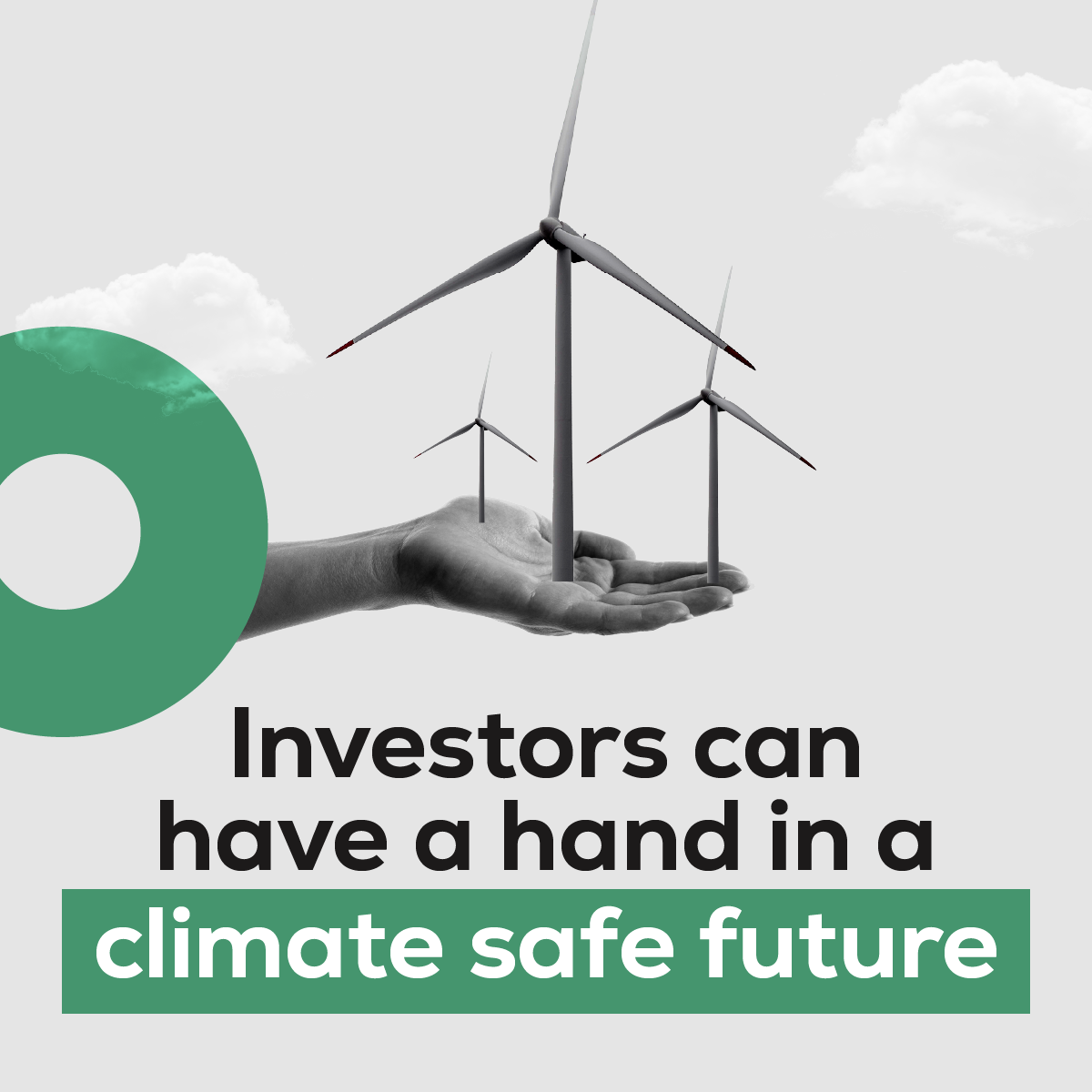



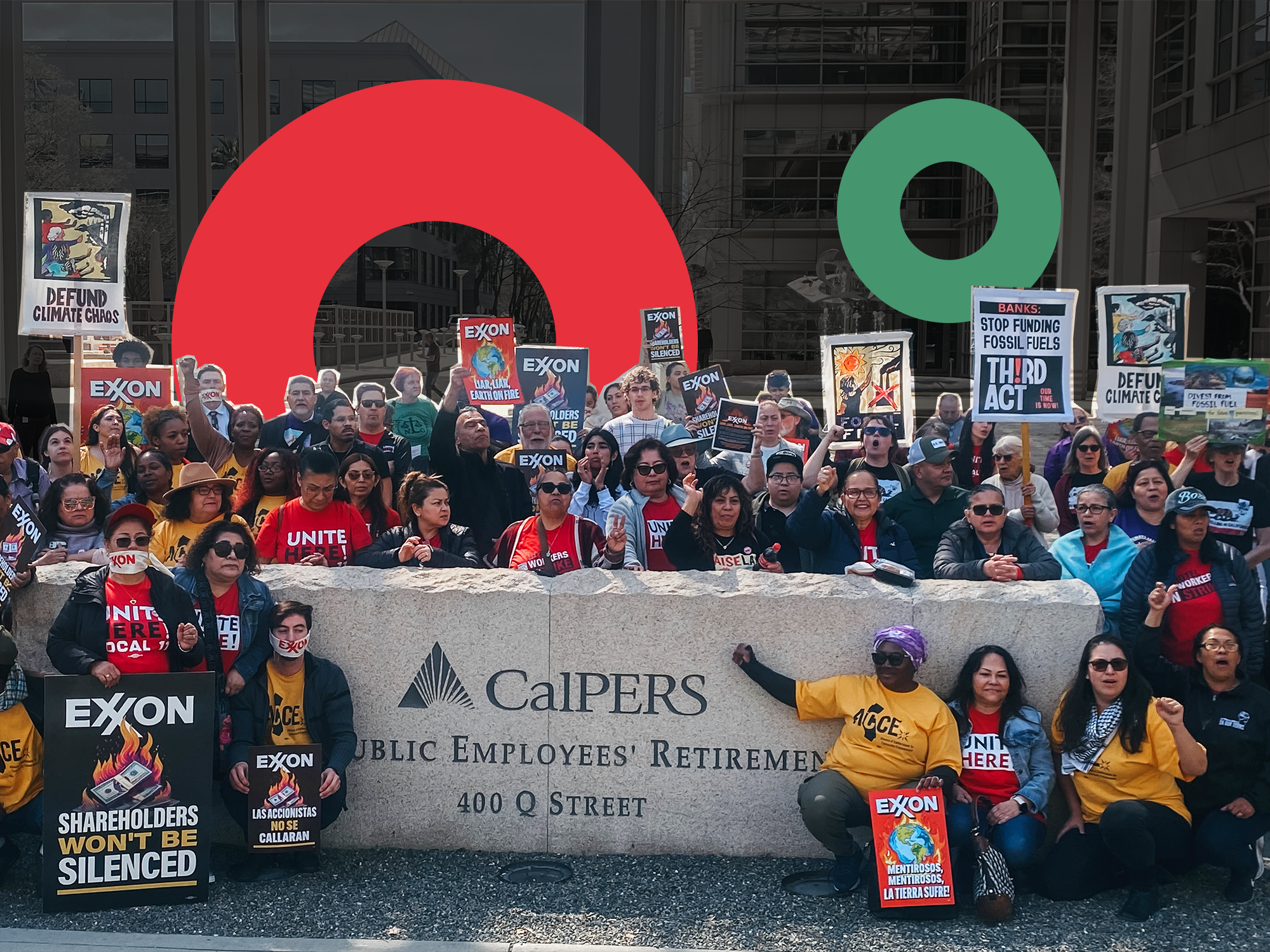
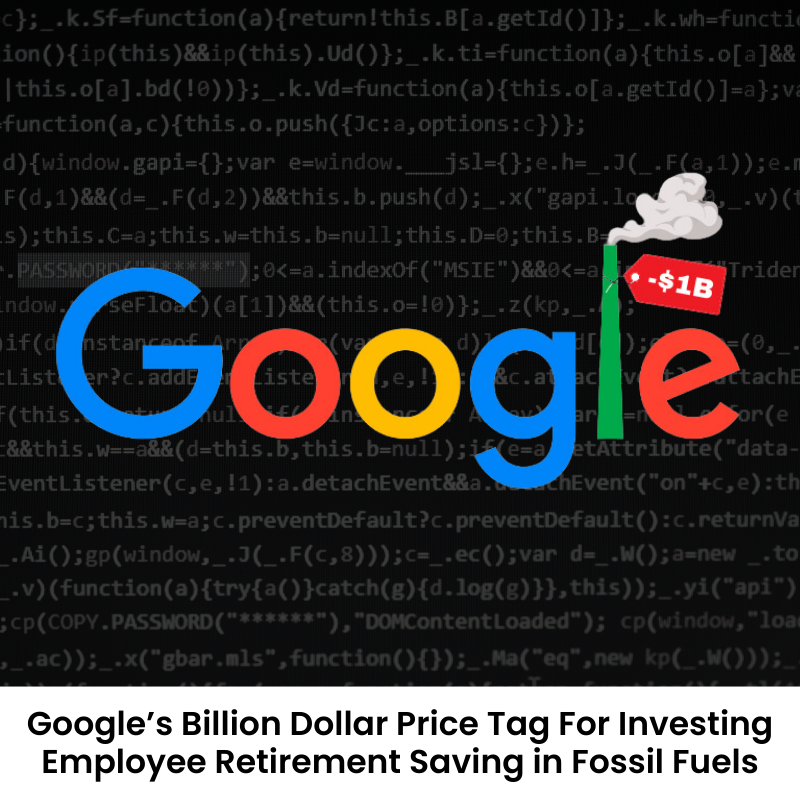
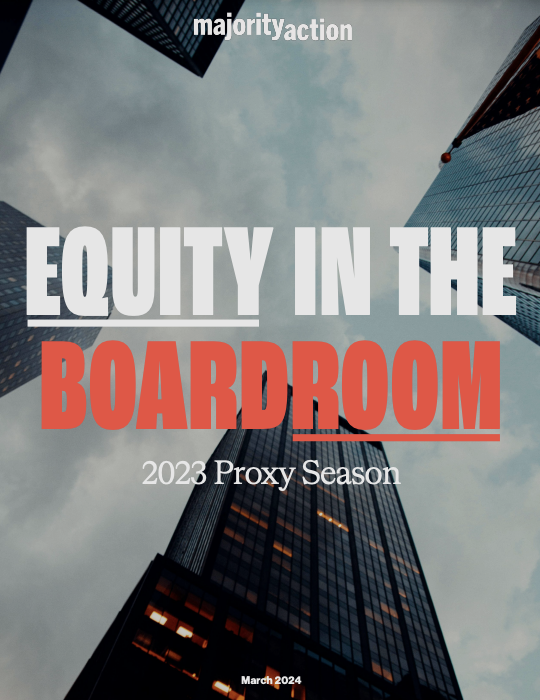
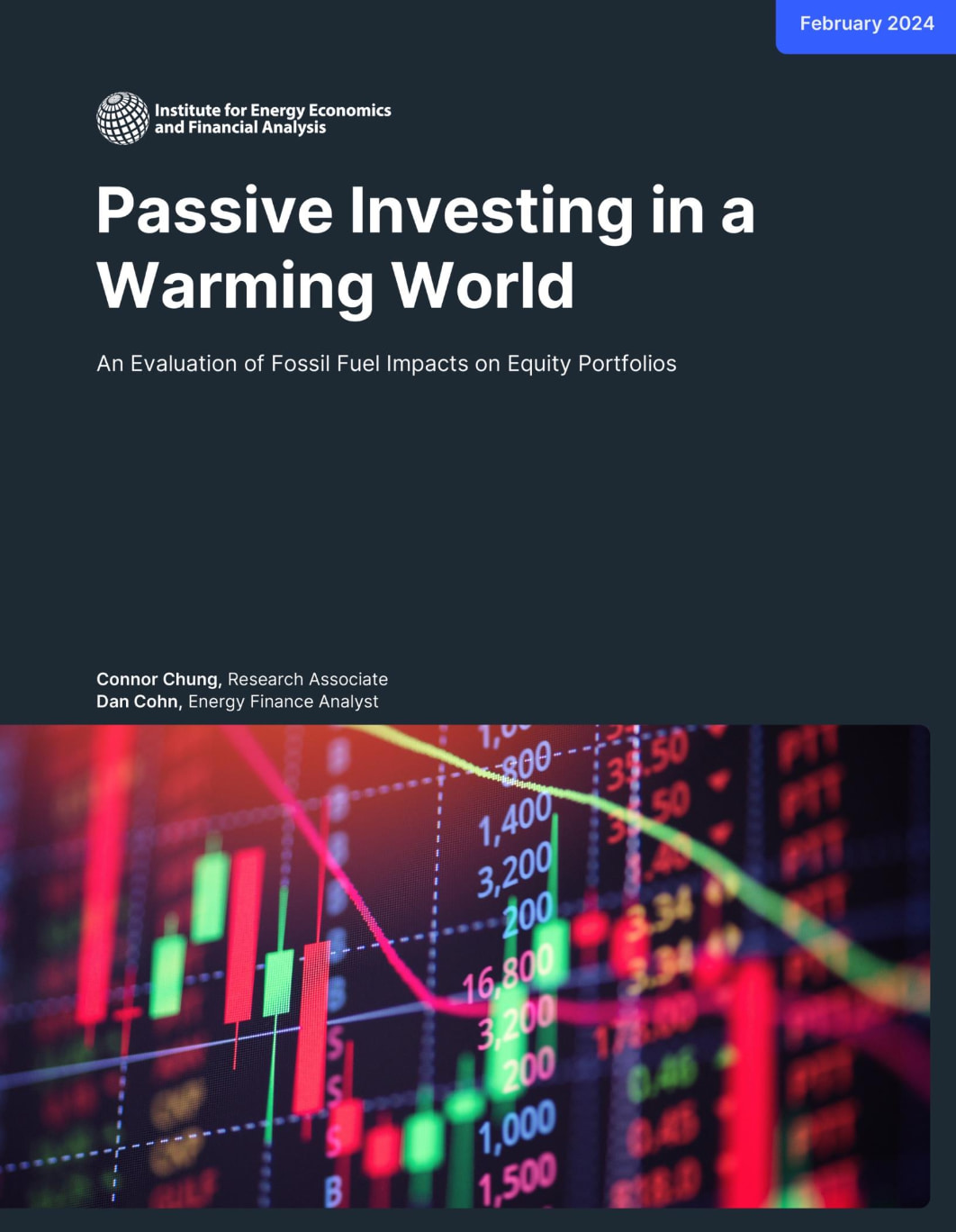

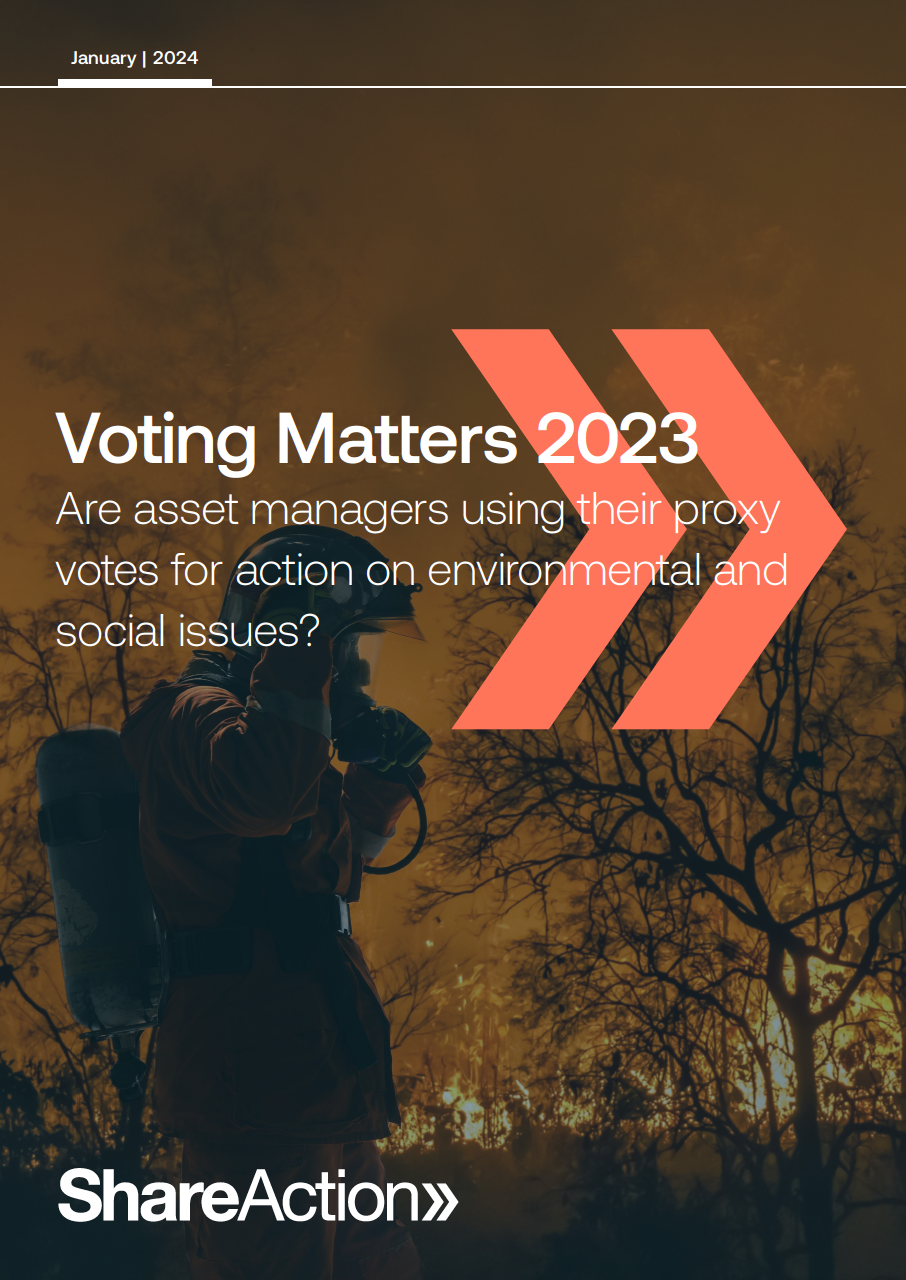








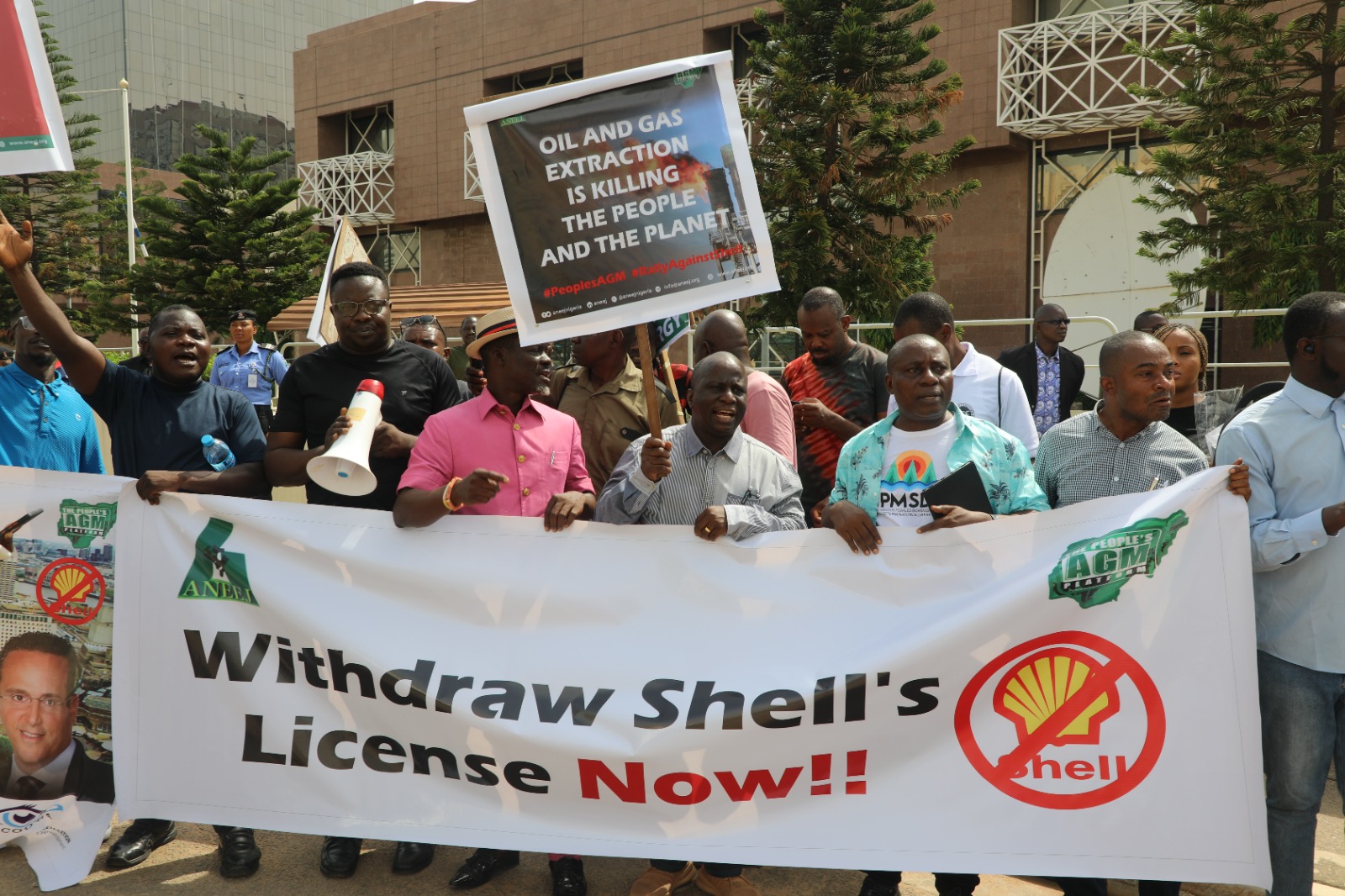


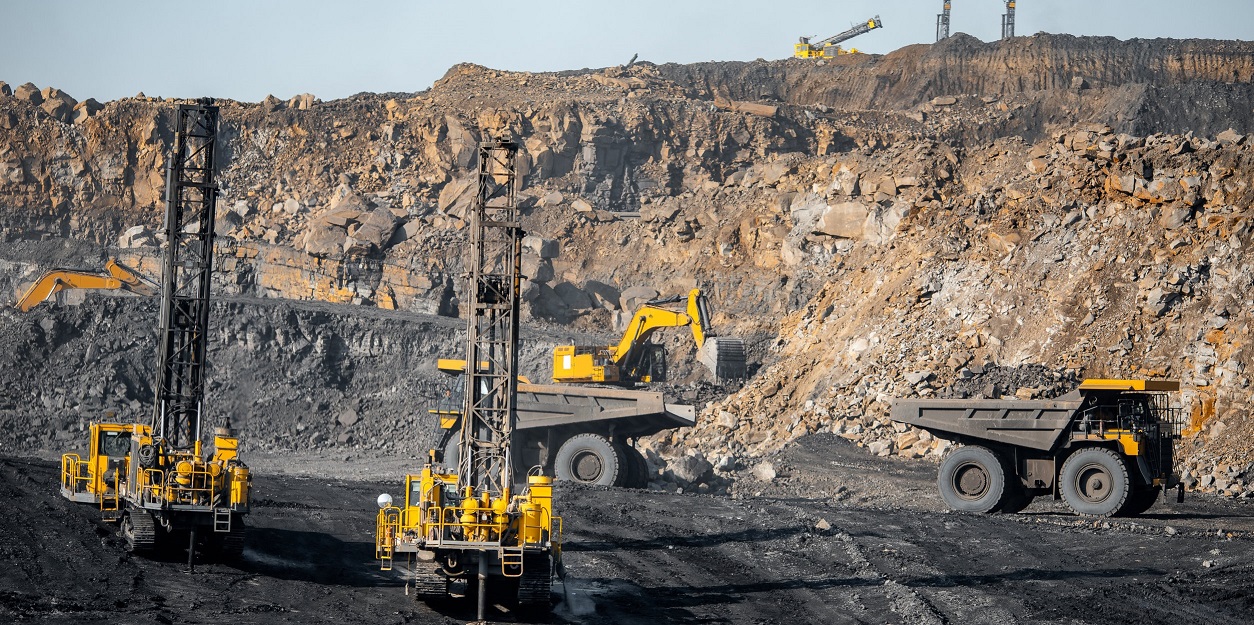





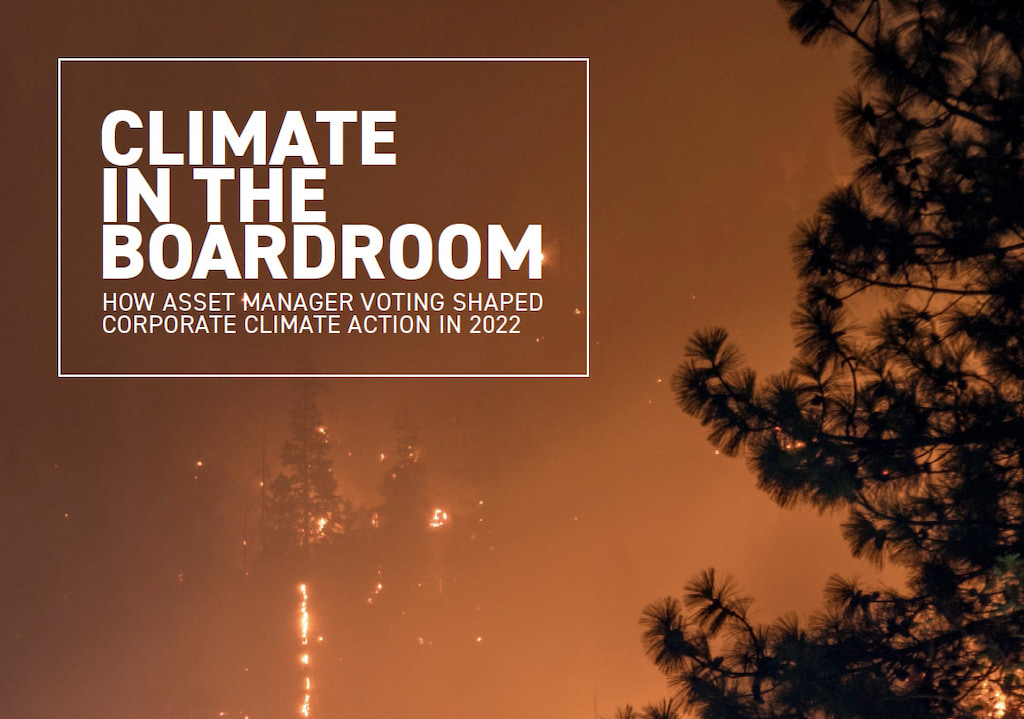






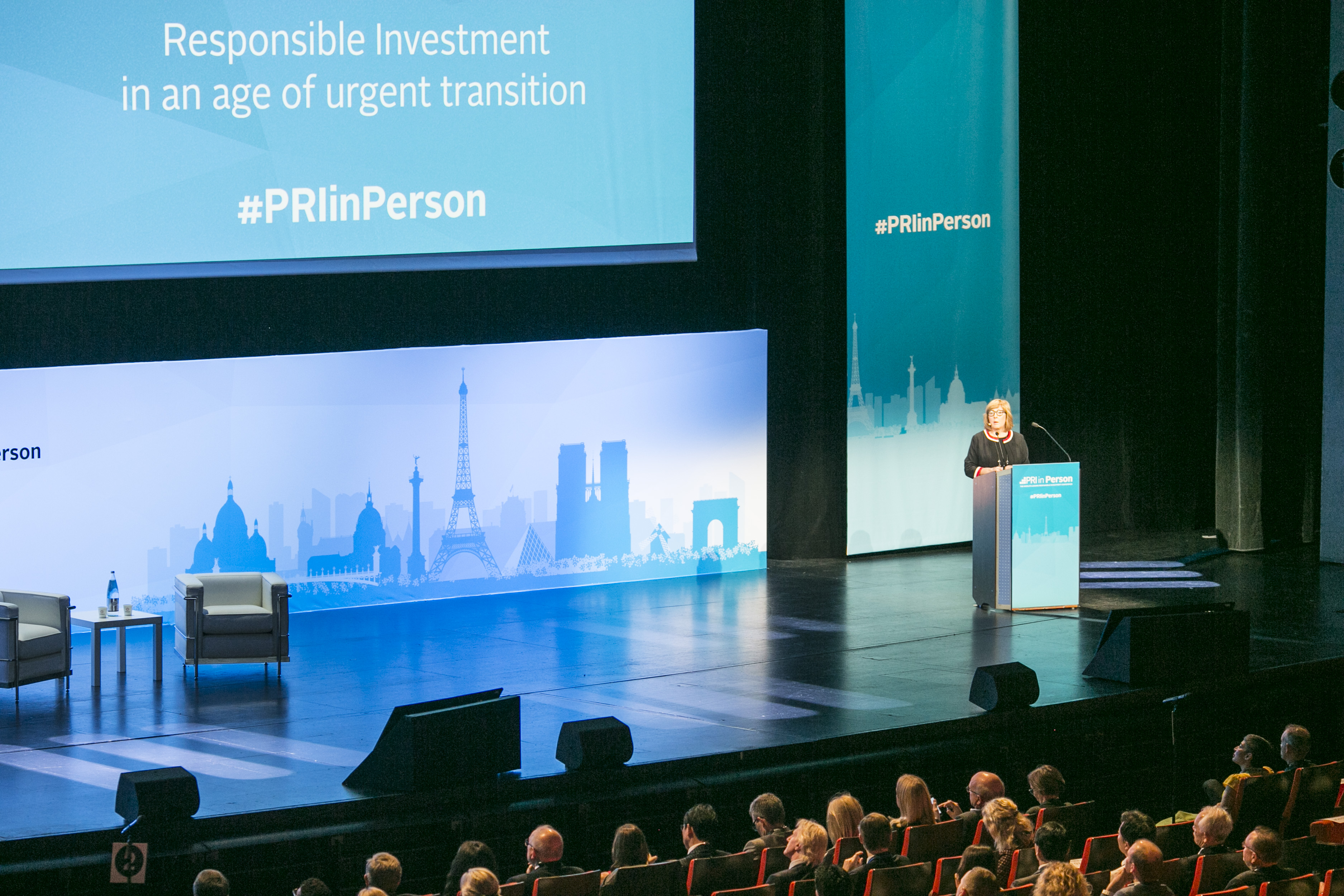









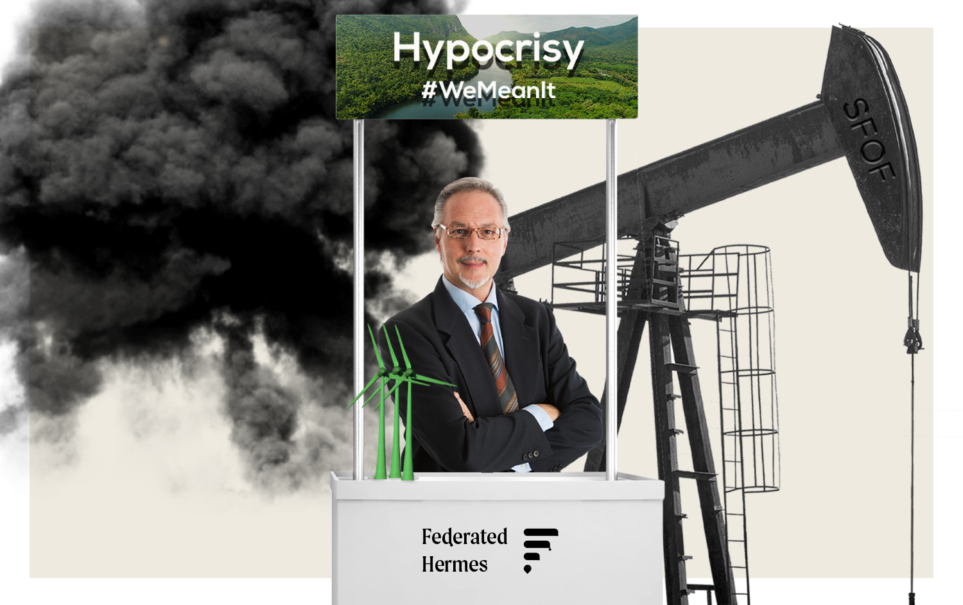








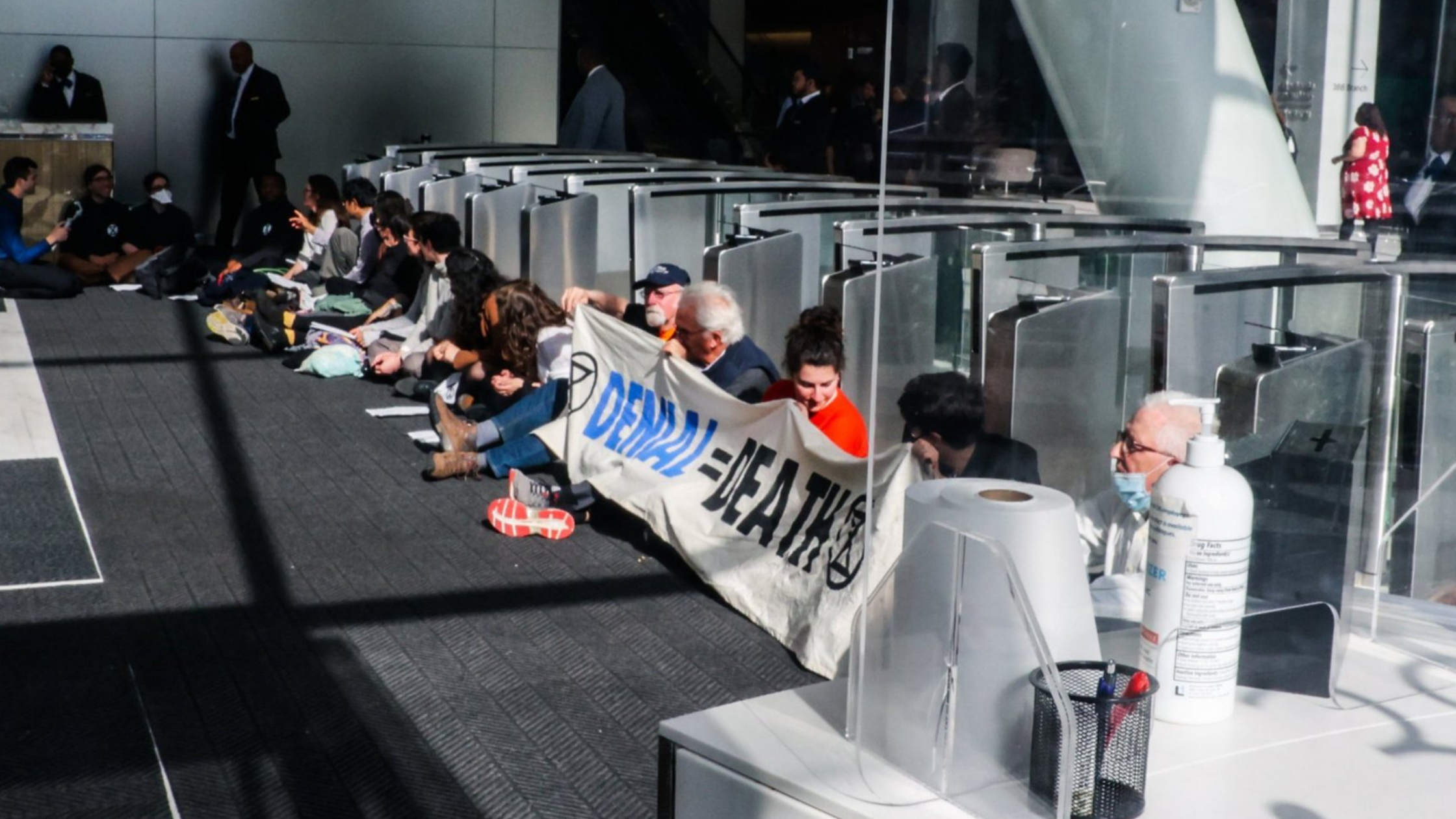





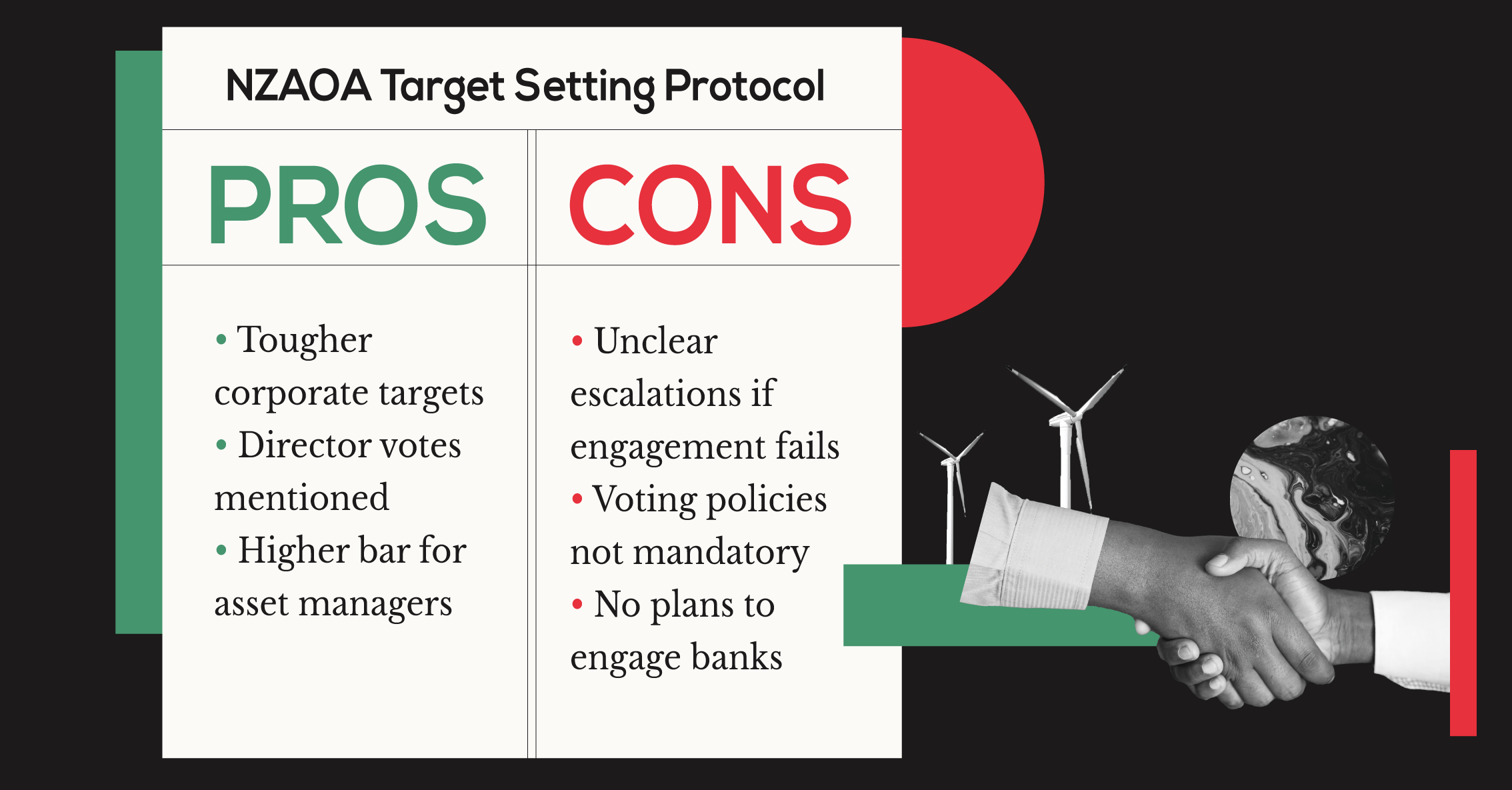
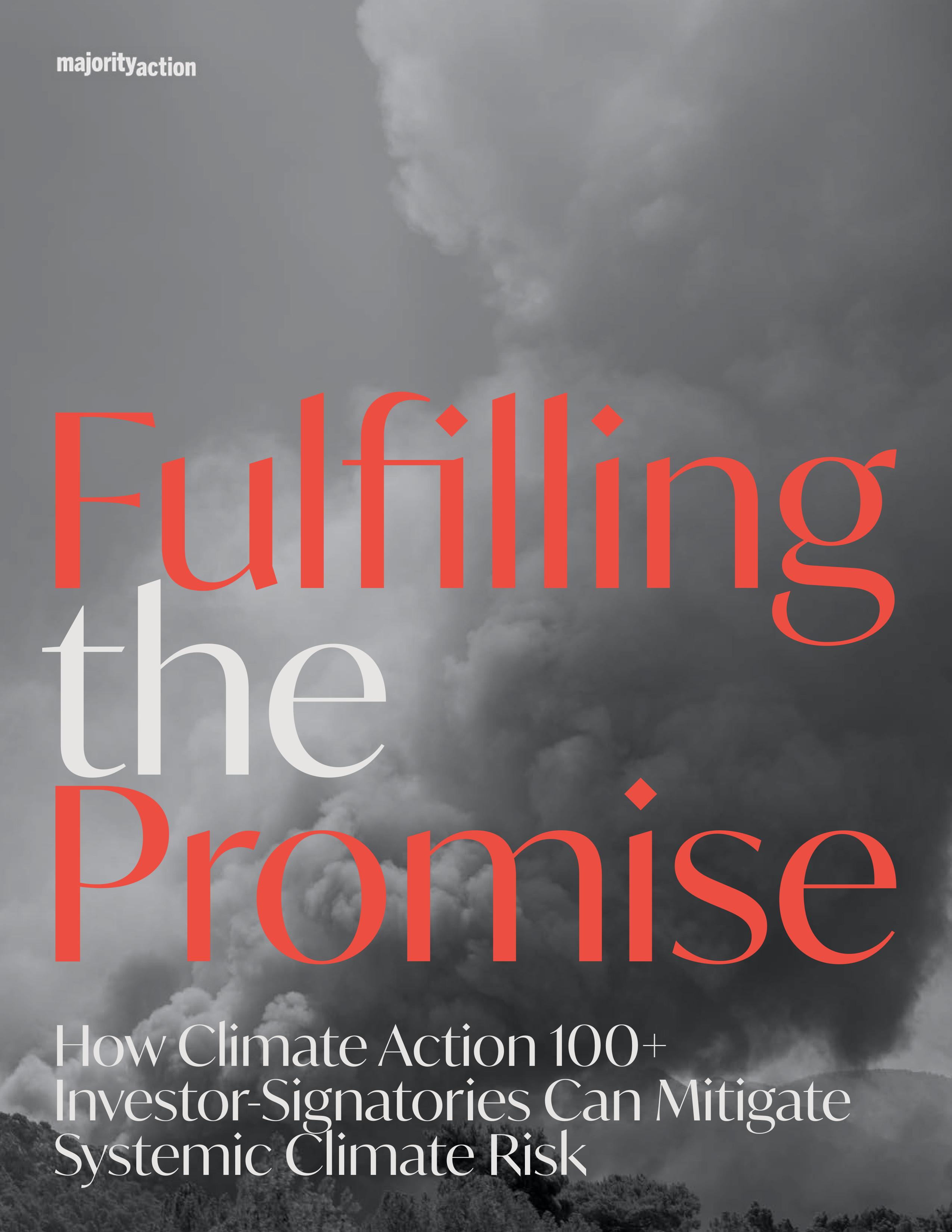
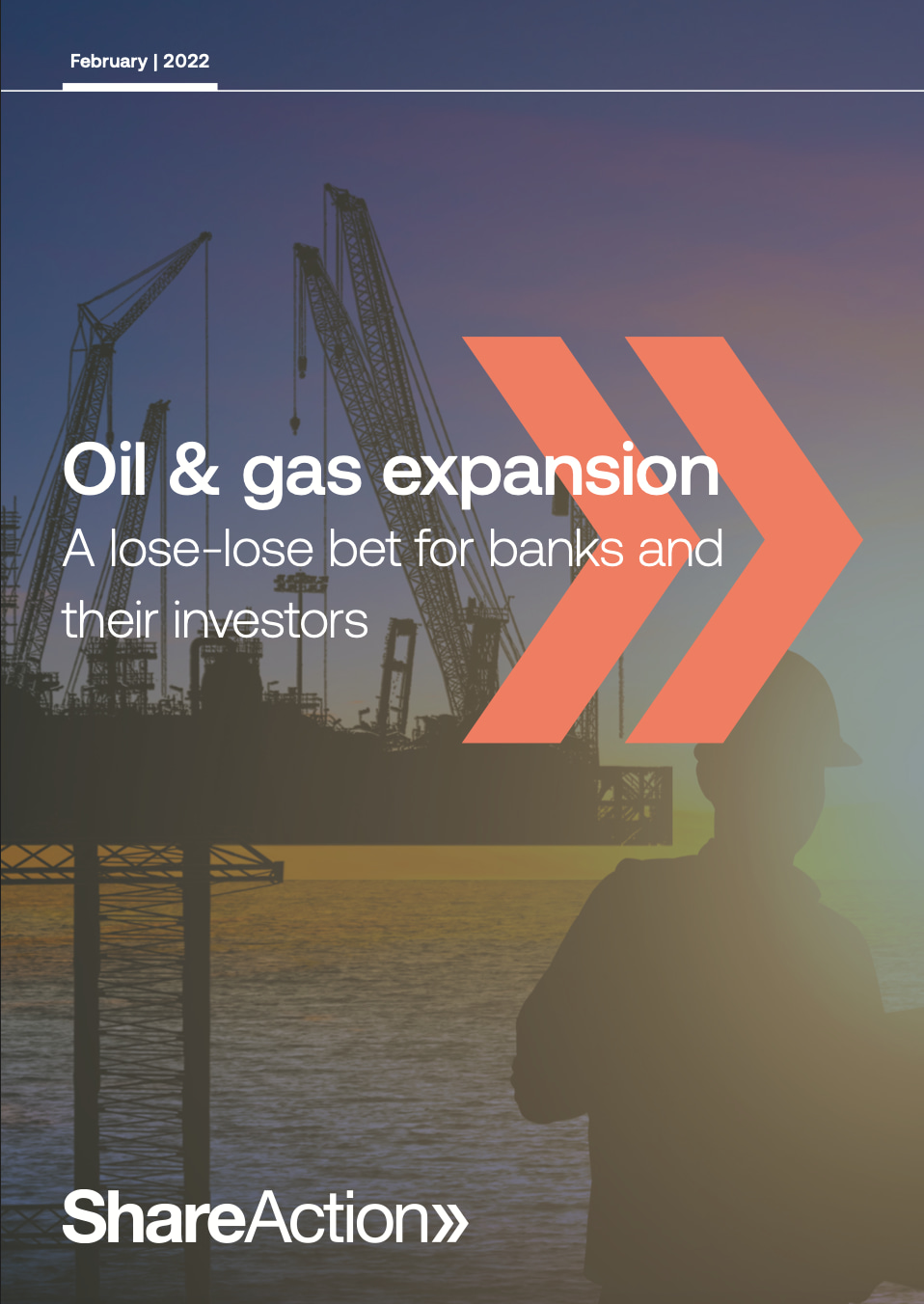

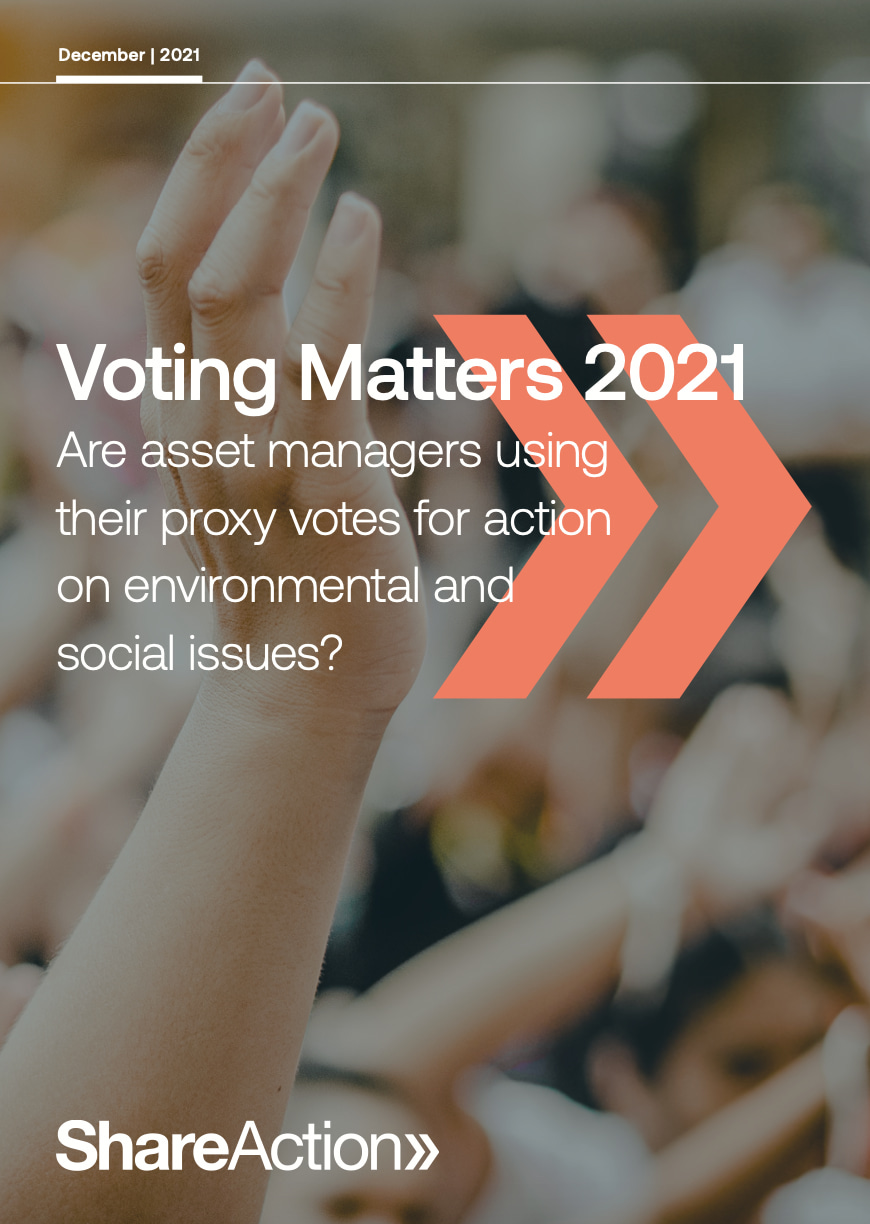
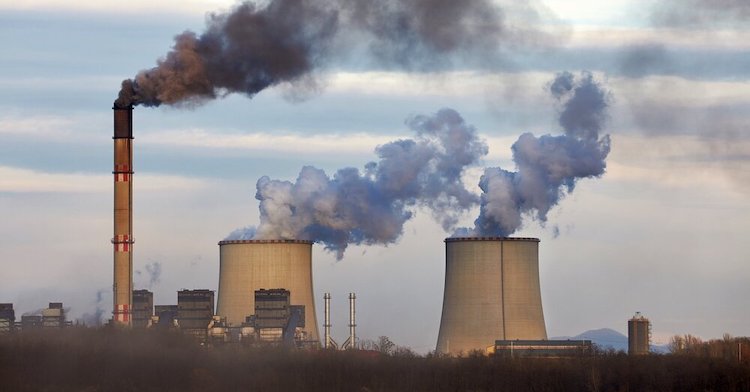



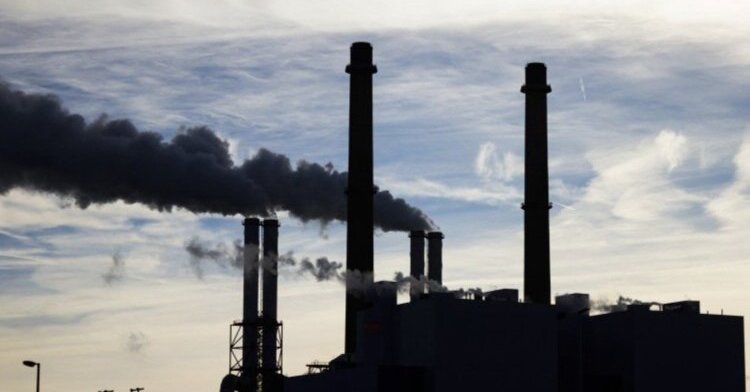

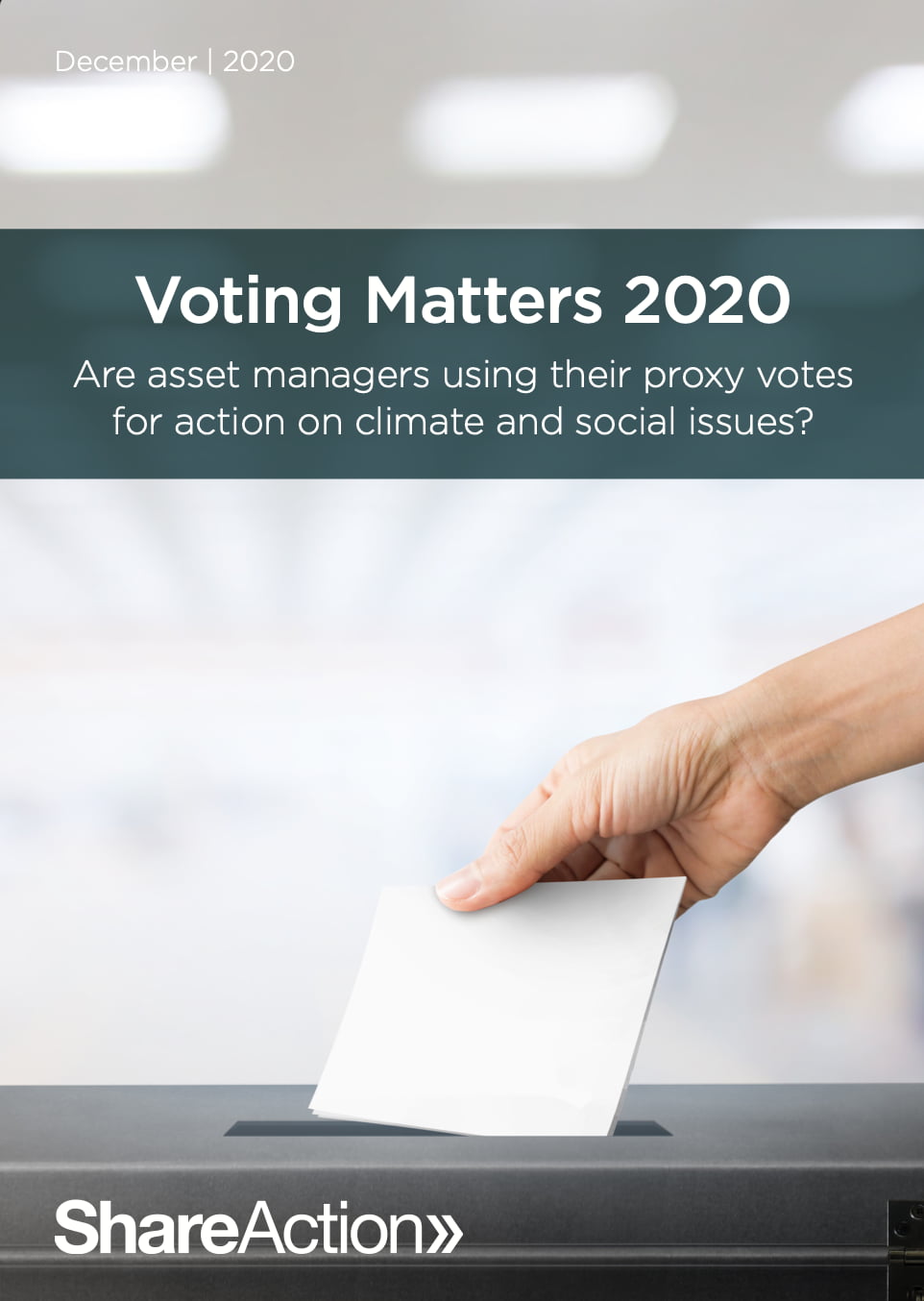
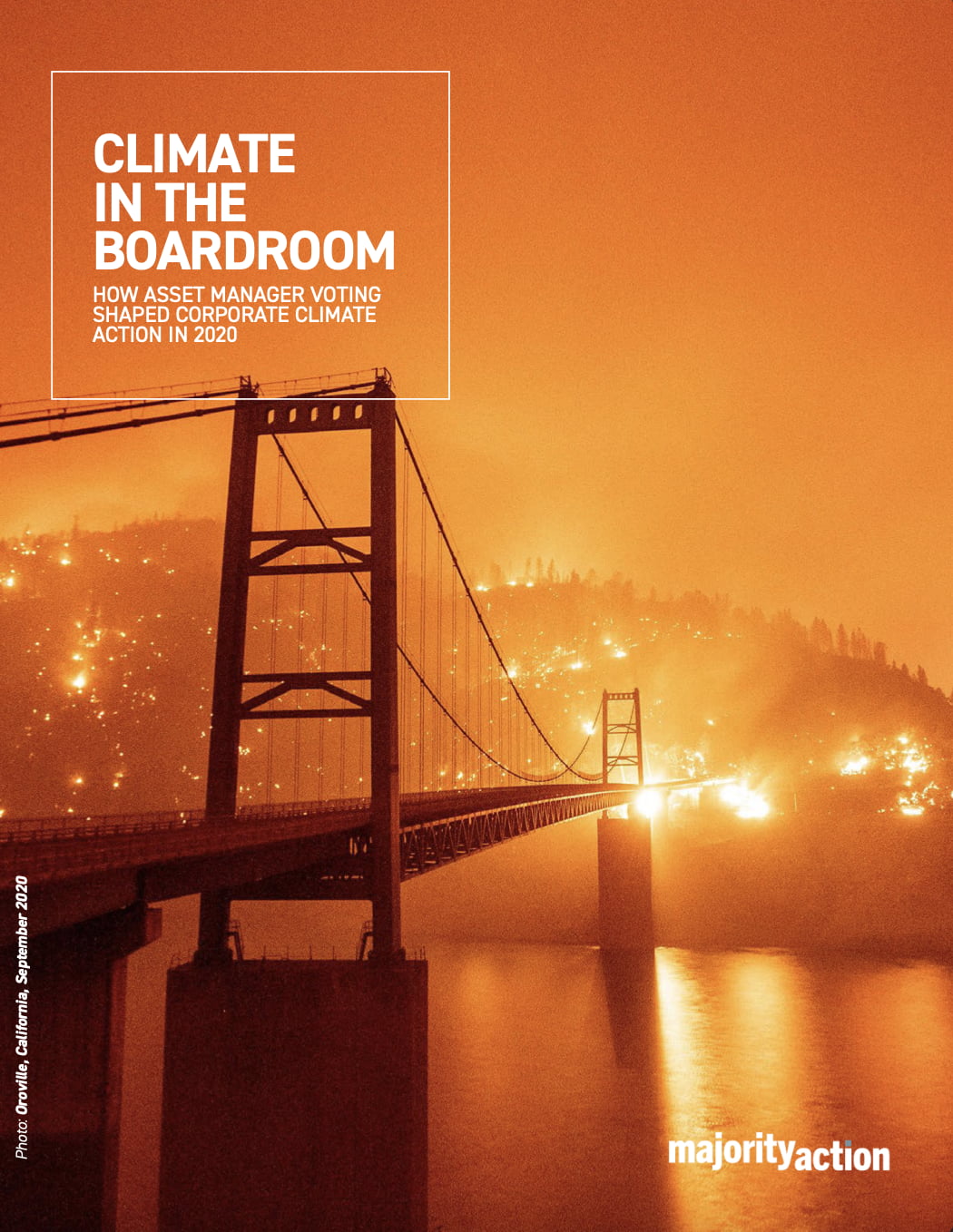
Share